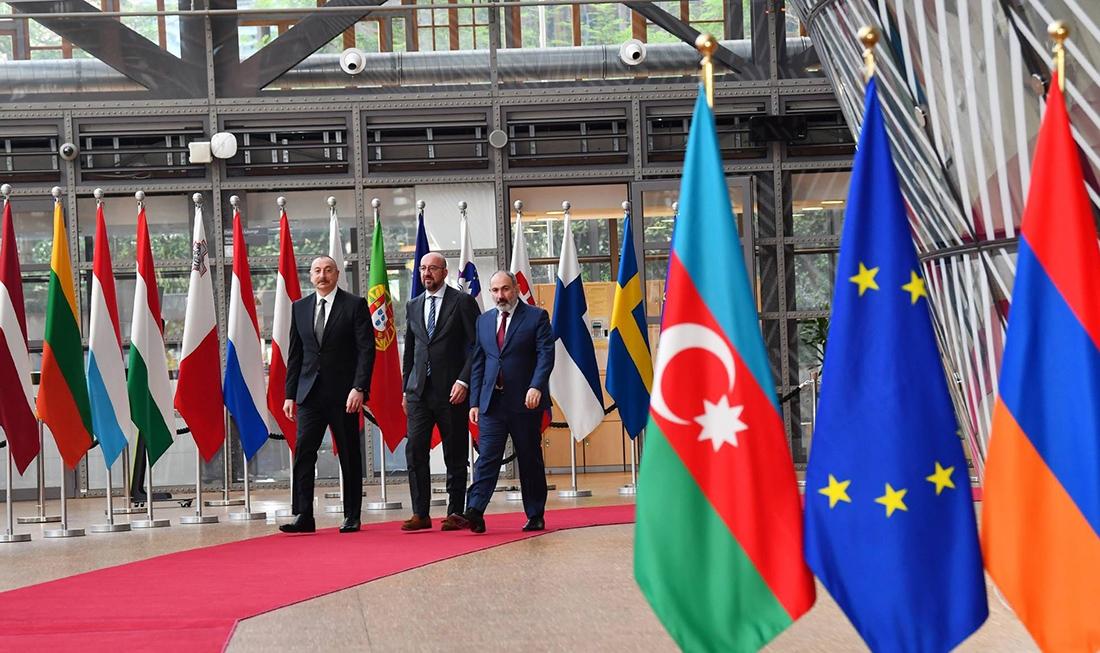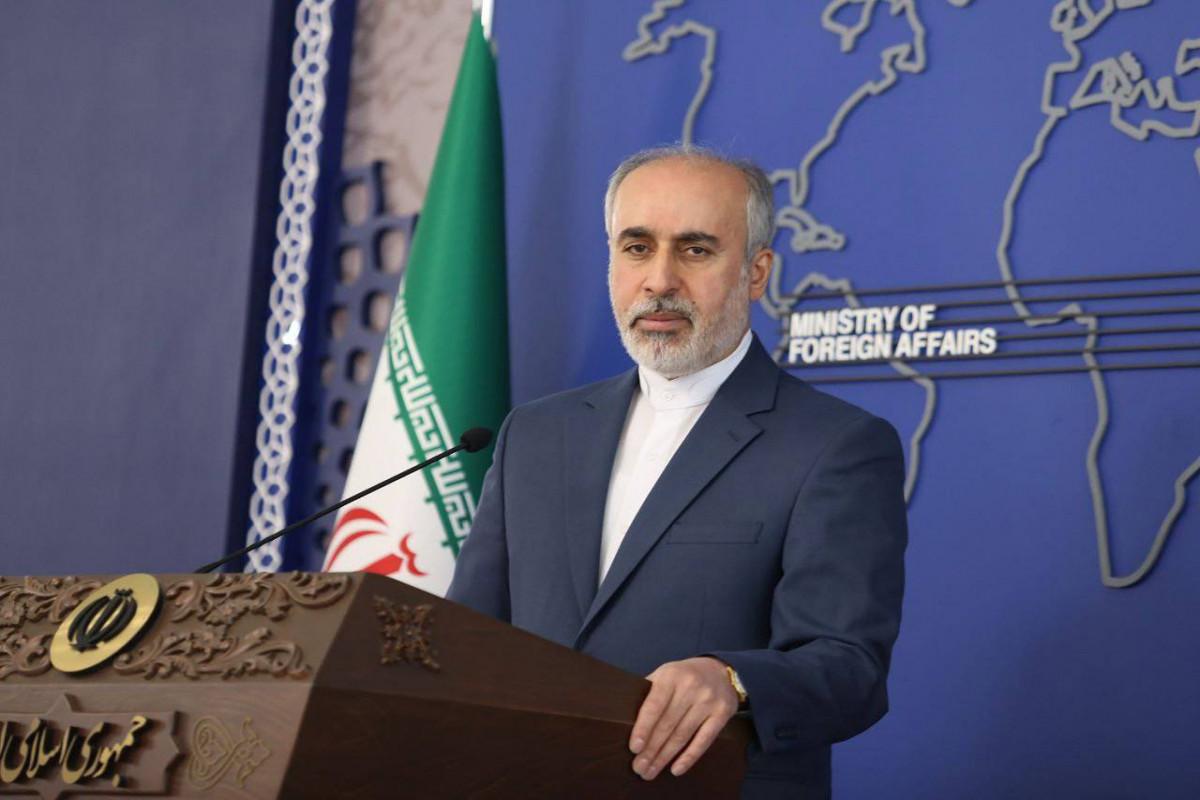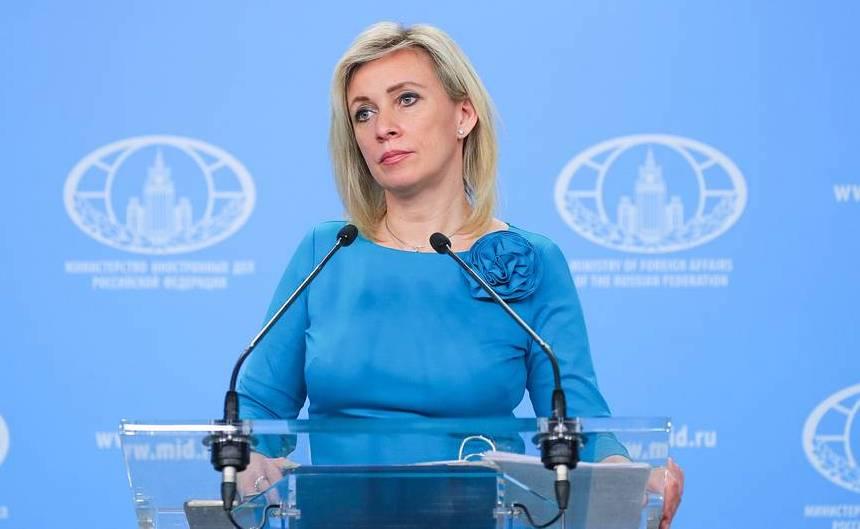Armenia returns four villages to Azerbaijan, paving the way for peace in the South Caucasus
Landmark accord
ANALYTICS 23 April 2024 - 09:14
| Fuad Muxtar-Agbabali |
The recent deal between Baku and Yerevan, resulting in the return of four Azerbaijani villages in the western Gazakh District without international intermediaries, signals a major step towards peace and stability in the South Caucasus region. This achievement, gained peacefully and without external guarantors, underscores the potential for bilateral dialog to resolve the longstanding conflict.
The decision to commence the demarcation and delimitation process from the western border segment signifies a mutual commitment to resolving outstanding problems diplomatically. It also reflects a departure from reliance on external mediation, with both parties demonstrating a willingness to engage directly in the peace process as well as Armenia’s readiness to give back what it still retains under control, and eagerness to avoid further deteriorating the situation along with the conventional borderline.
Despite challenges and differing perspectives, the successful resolution of the four non-enclave villages issue sets a positive precedent for future negotiations between Baku and Yerevan and highlights the potential for bilateral cooperation to address broader regional issues and pave the way for lasting peace and stability in the region.

Armenia’s move also marks a significant development in the ongoing efforts to resolve the longstanding conflict between the two nations, offering a glimpse of hope that Armenia may be gradually shifting away from aggressive and chauvinistic euphoria, signaling a growing acceptance of the need for peaceful coexistence and mutual respect among neighboring nations.
Azerbaijan has highlighted the importance of this event, emphasizing the significance of direct negotiations between Baku and Yerevan without external mediation. The accord is the result of consistent and patient diplomacy, coupled with Azerbaijan's resilience against external pressure. The return of the villages not only marks the beginning of the process of defining the border but also sets a positive precedent for future negotiations on other aspects of the conflict.
Overall, the agreement not only signifies progress towards resolving the conflict but also sets the stage for constructive dialog and cooperation between the arch-enemies, demonstrating a shared commitment to finding peaceful solutions and laying the groundwork for a more stable and prosperous future for the entire South Caucasus region.
Significance of the deal
The recent decision by Armenia to voluntarily return the four non-exclave villages to Azerbaijan and initiate the demarcation and delimitation of borders in the western segment of the over 1,000-km-long border marks a historic turning point in the relations between the two countries.
This move reflects a significant shift in Armenia's approach and a willingness to engage constructively in resolving the longstanding conflict. The decision to return the villages and embark on border demarcation not only prevents another potential flare-up of violence but also signals a commitment to peaceful coexistence and stability in the region.

Despite the presence of ill-wishers who may seek to disrupt the process, the willingness of both Azerbaijan and Armenia to move forward with this initiative demonstrates a shared recognition of the importance of dialog and diplomacy in resolving disputes.
Many observers believe that while the delimitation process may take time to complete, the absence of clashes during this period is crucial for maintaining peace and fostering trust between Baku and Yerevan.
Additionally, the gradual progress in border demarcation could pave the way for broader regional cooperation, including the potential opening of strategic corridors such as the Middle Corridor or the Zangazur Corridor.
The opening of these corridors, particularly the Zangazur Corridor linking mainland Azerbaijan to Nakhchivan via southern Armenia, is to be conducive to economic development, enhance regional connectivity, facilitate trade, and contribute to the overall development and stability of the South Caucasus region.
External reactions to the deal
The global acknowledgment of this agreement, with leaders from around the world recognizing the successful result of the negotiations, signifies the ability to overcome potential challenges. It highlights the parties’ adherence to the administrative line of the borders established at the dissolution of the USSR, providing a framework for further negotiations on delimitation.
However, the lack of so far any response from Russia and Iran, despite their regional historical roles, raises questions about their stance on the agreement. While certain Western nations support the deal, the lack of response from regional powers underscores the complexities and sensitivities surrounding Armenia’s long-standing territorial claims to Azerbaijan.
The agreement has elicited varied responses from international actors, particularly the USA, EU, Turkey, and others who have lauded the agreement as a positive step towards peace and stability in the South Caucasus region, however, the lack of reactions from Russia and Iran remain ambiguous.

The absence of official reactions from Moscow and Tehran has sparked speculation in political circles regarding their perspectives on the agreement. Both Russia and Iran have historically asserted the importance of regional autonomy in resolving conflicts, without external intervention. However, their silence may indicate concerns about potential shifts in power dynamics in the region.
Pundits say Russia and Iran view the agreement with apprehension, as it could diminish their influence in the South Caucasus. The prospect of reduced Russian presence, particularly in Tavush region as hinted by Armenian Prime Minister Nikol Pashinyan, suggests a potential reconfiguration of power dynamics.
Iran, in particular, has expressed reservations about the implications of the agreement on the balance of power in the region. Iranian Ambassador Mehdi Sobhani's concerns reflect Tehran's apprehension towards Azerbaijan's growing strength and its potential impact on Armenia's occupation of Azerbaijani territories.

Iran's stance underscores its vested interest in maintaining the previous status quo in the South Caucasus. However, recent developments signal a shift away from this equilibrium, challenging Iran's strategic calculations in the region.
In summary, while the agreement between Azerbaijan and Armenia signifies a positive step towards peace, it also introduces complexities in regional dynamics, particularly concerning the interests of Russia and Iran. As the situation evolves, it remains to be seen how these key players will navigate the shifting landscape of the South Caucasus.
Caliber.Az
|
1
|
Phantom arms deal: How false claims aim to derail Baku-Tehran diplomacy Azerbaijan embraces "forewarned is forearmed" principle
25 July 2024 - 15:34
|
|
2
|
Could France’s anti-NATO rhetoric trigger domestic turmoil? Leftist Mélenchon's stance sparks historical echoes
24 July 2024 - 10:24
|
|
3
|
Azerbaijan: The new powerhouse of aluminium production amid global market strain "Green" era's requirement
25 July 2024 - 17:05
|
|
4
|
Brussels' bait and Yerevan's rush to swallow it The visa-free temptation
24 July 2024 - 09:00
|
|
5
|
West-backed Armenia likely to spark conflict with Azerbaijan rather than seek peace Caliber.Az reveals expert prognoses
25 July 2024 - 11:10
|
Japan addressing increasing incidents of customer harassment
Service culture under strain27 July 2024 - 03:05
Swiss spots struggle with social media-driven visitor impact
Tourism vs. nature27 July 2024 - 01:03
German chancellor tackles EU expansion, internal reform challenges
Path forward26 July 2024 - 23:03
Italian newspaper explores Azerbaijan's ancient Albanian churches
26 July 2024 - 21:08
Azerbaijani prosecutor general declares ties with Türkiye as strategic partnership
PHOTO26 July 2024 - 20:55
Azerbaijan, Italy strengthening military relations
PHOTO26 July 2024 - 20:42
China demands withdrawal of US nuclear weapons from Europe
26 July 2024 - 20:29
Pentagon concedes to spreading anti-Sinovac propaganda in Philippines
26 July 2024 - 20:16
COP29 presidency team hosts events to tackle key climate agenda issues
26 July 2024 - 20:03
Israel targets Türkiye’s TRT Haber team covering Al-Aqsa mosque incident
26 July 2024 - 19:51
COP20 president: Azerbaijan should lead with ambition at COP29
26 July 2024 - 19:38
Turkish defence minister, Azerbaijani ambassador discuss strengthening military ties
26 July 2024 - 19:25
FBI seeking to interview Trump as part of assassination attempt investigation
26 July 2024 - 19:12
US presidential candidate cites potential path to victory with Biden out of race
26 July 2024 - 18:58
Turkish MP confirms plans for official Azerbaijani school in Istanbul
26 July 2024 - 18:44
US vice president’s call for peace in Gaza sparks controversy with Israel
26 July 2024 - 18:30
FM: Italy to appoint ambassador to Syria after 10 years
26 July 2024 - 18:17
Head of Georgian Parliament blames opposition for compromising national safety
Aid to Ukraine at Georgia’s expense26 July 2024 - 18:03
South Caucasus on edge: West fuels Armenia's war drums
Yerevan clings to deceitful rhetoric26 July 2024 - 18:02
Media: Iran arms Hezbollah with advanced weapons
26 July 2024 - 17:49
Bolsonaro intends to run for Brazilian presidency in 2026, citing confidence in winning
26 July 2024 - 17:36
Armenian PM visits modernised Margara checkpoint on Turkish border
VIDEO26 July 2024 - 17:22
Boeing considers to convert its top fighter into an electronic warfare jet
Caliber.Az on YouTube26 July 2024 - 17:17
Belarus ready to expand cooperation with North Korea
26 July 2024 - 17:09
EU appoints new special representative for South Caucasus
26 July 2024 - 17:01
Azerbaijani-Chinese partnership defies "first among equals" attitudes
Rising above geopolitical cynicism26 July 2024 - 16:55
Armenia's militarization: A "peace agenda" with an armed approach
Yerevan must revisit recent historical lessons26 July 2024 - 16:42
Azerbaijan approves cooperation pacts with Türkiye, Kazakhstan
26 July 2024 - 16:33
Media: US informs Iran of readiness to return to nuclear deal
26 July 2024 - 16:29
Turkish forces take down PKK terrorists in coordinated Iraq and Syria raids
VIDEO26 July 2024 - 16:16
Israeli air strikes hit Hezbollah outposts in response to rocket fire
26 July 2024 - 16:03
Kremlin spox: EU ridicules Orban over Moscow visit
26 July 2024 - 15:51
Armenian parliamentary delegation visits Georgia to strengthen bilateral ties
26 July 2024 - 15:38
Washington talks peace while arming Yerevan
26 July 2024 - 15:38
Travellers from 13 nations explore rebuilding of Karabakh, East Zangazur
PHOTO26 July 2024 - 15:25
European Commission transfers €1.5 billion from frozen Russian assets to aid Ukraine's defence
26 July 2024 - 15:25
Trump says US to destroy Iran in case of his assassination
26 July 2024 - 15:12
Kremlin declares dialogue with West futile amid hostility toward Russia
26 July 2024 - 14:59
Somalia, Azerbaijan share common positions on many international forums
Minister’s statement26 July 2024 - 14:46
Azerbaijan promoting tourism potential in India
PHOTO26 July 2024 - 14:33
